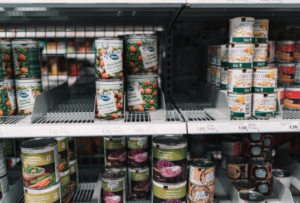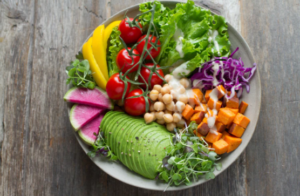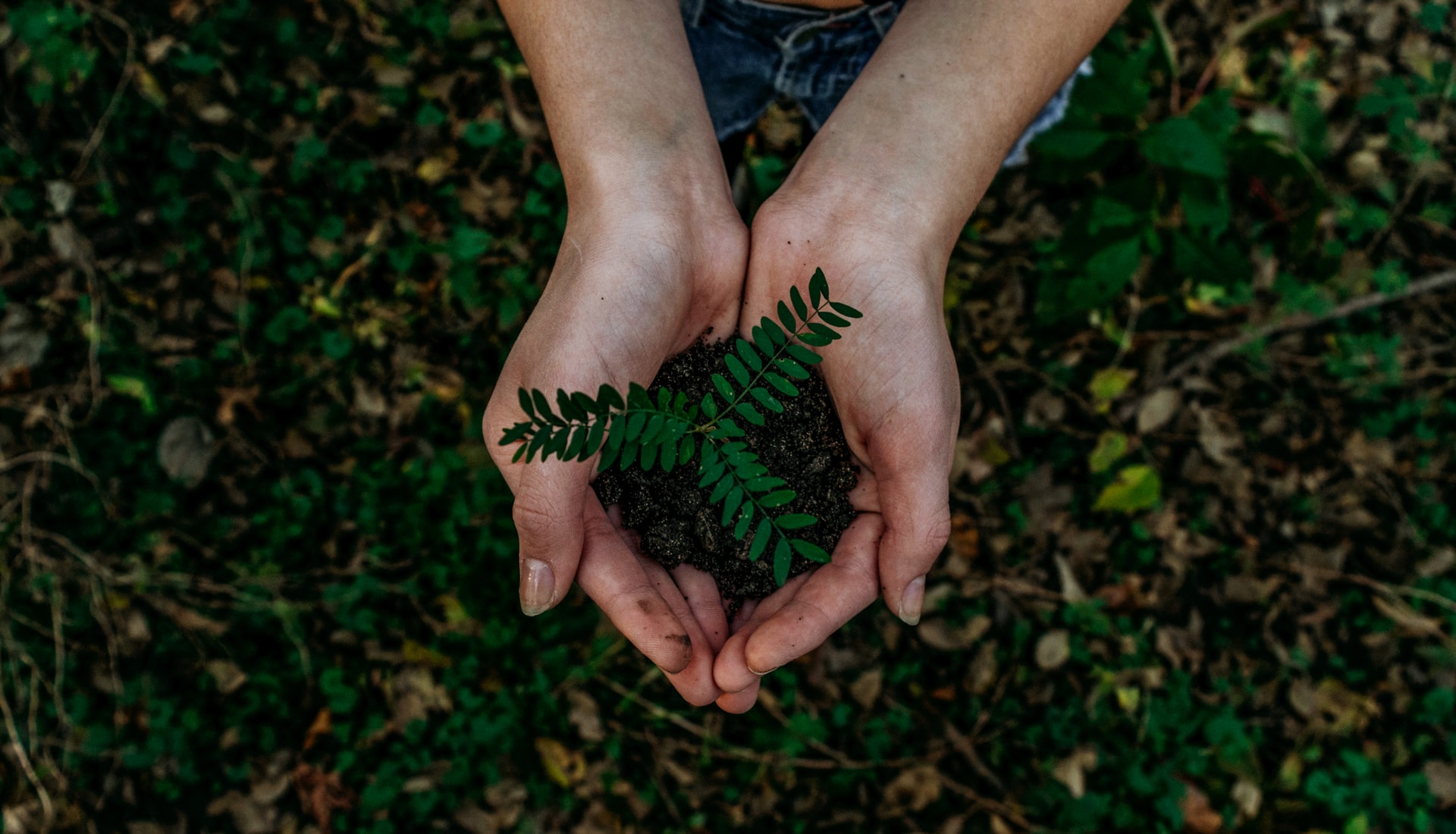Every day, we make choices on we can live sustainably—every decision we make impacts the environment and the climate. We can do many things to make the world wilder, such as what we eat and how many children we have.
Pay Attention to Labels
 There are many options for coffee, fruit, and clothing. But there are clear leaders in minimizing the impact you have on wildlife and the environment. Shade-grown coffee is best for coffee drinkers. This coffee is harvested in a way that preserves forest habitats for birds and other species. Fair Trade certified products are a way to support sustainable production and pay fair wages to workers. Organic food is best; although it might be more expensive, it helps keep harmful pesticides off our soil and water, which protects farmworkers and wildlife, as well as your family.
There are many options for coffee, fruit, and clothing. But there are clear leaders in minimizing the impact you have on wildlife and the environment. Shade-grown coffee is best for coffee drinkers. This coffee is harvested in a way that preserves forest habitats for birds and other species. Fair Trade certified products are a way to support sustainable production and pay fair wages to workers. Organic food is best; although it might be more expensive, it helps keep harmful pesticides off our soil and water, which protects farmworkers and wildlife, as well as your family.
Be Water Wise
 Avoid bottled water. Even though tap water is almost free, bottled water companies try to make tap water look bad. Many city water sources have passed the taste and quality tests that compare it with name-brand water. The extraction and manufacturing of plastic bottles for water are known to be harmful to wildlife and communities. Water conservation is crucial, especially with increasing population demands on water resources and facing unprecedented droughts.
Avoid bottled water. Even though tap water is almost free, bottled water companies try to make tap water look bad. Many city water sources have passed the taste and quality tests that compare it with name-brand water. The extraction and manufacturing of plastic bottles for water are known to be harmful to wildlife and communities. Water conservation is crucial, especially with increasing population demands on water resources and facing unprecedented droughts.
Water conservation can be achieved by using shorter showers, fixing leaky bathrooms, and choosing low-flow or low-water appliances. You might also consider xeriscaping, a landscaping technique that uses native, drought-adapted plants. This will save water and maintain your yard for more extended periods. It will also provide habitat and food to birds and bees.
Green Your Home
Maintaining a healthy home will improve your energy efficiency. For more efficient heating and cooling, make sure you have adequate insulation. You can also use programmable thermostats to increase your home’s energy efficiency. Many states offer incentives that can help you make your rental or home greener. Ask your energy provider if they offer energy audits for free or if they know of any companies that do.
Take Extinction off Your Plate
 The most destructive industry on the planet is meat production. It’s responsible for vast amounts of water consumption, pollution, and greenhouse gas emissions. There are three opportunities per day to improve the world’s health. By reducing meat consumption, you can decrease your environmental footprint. Nearly 40% of all edible food produced in the United States is thrown away, wasting the entire natural resources used to make it. Smart, planned shopping could help you avoid food waste and provide creative ways to eat what you buy.
The most destructive industry on the planet is meat production. It’s responsible for vast amounts of water consumption, pollution, and greenhouse gas emissions. There are three opportunities per day to improve the world’s health. By reducing meat consumption, you can decrease your environmental footprint. Nearly 40% of all edible food produced in the United States is thrown away, wasting the entire natural resources used to make it. Smart, planned shopping could help you avoid food waste and provide creative ways to eat what you buy.
Choose Wild Energy
It is crucial to ending the use of fossil fuels. This will help save wildlife and slow climate change. If you have the option to choose your electricity supplier in your state, make sure it is a Green-e certified firm that generates at minimum half of its power from renewable sources. You should also explore tax credits and rooftop solar panels for your home. You can also add clean energy to the grid, depending on your productivity. This will further offset your carbon footprint.





